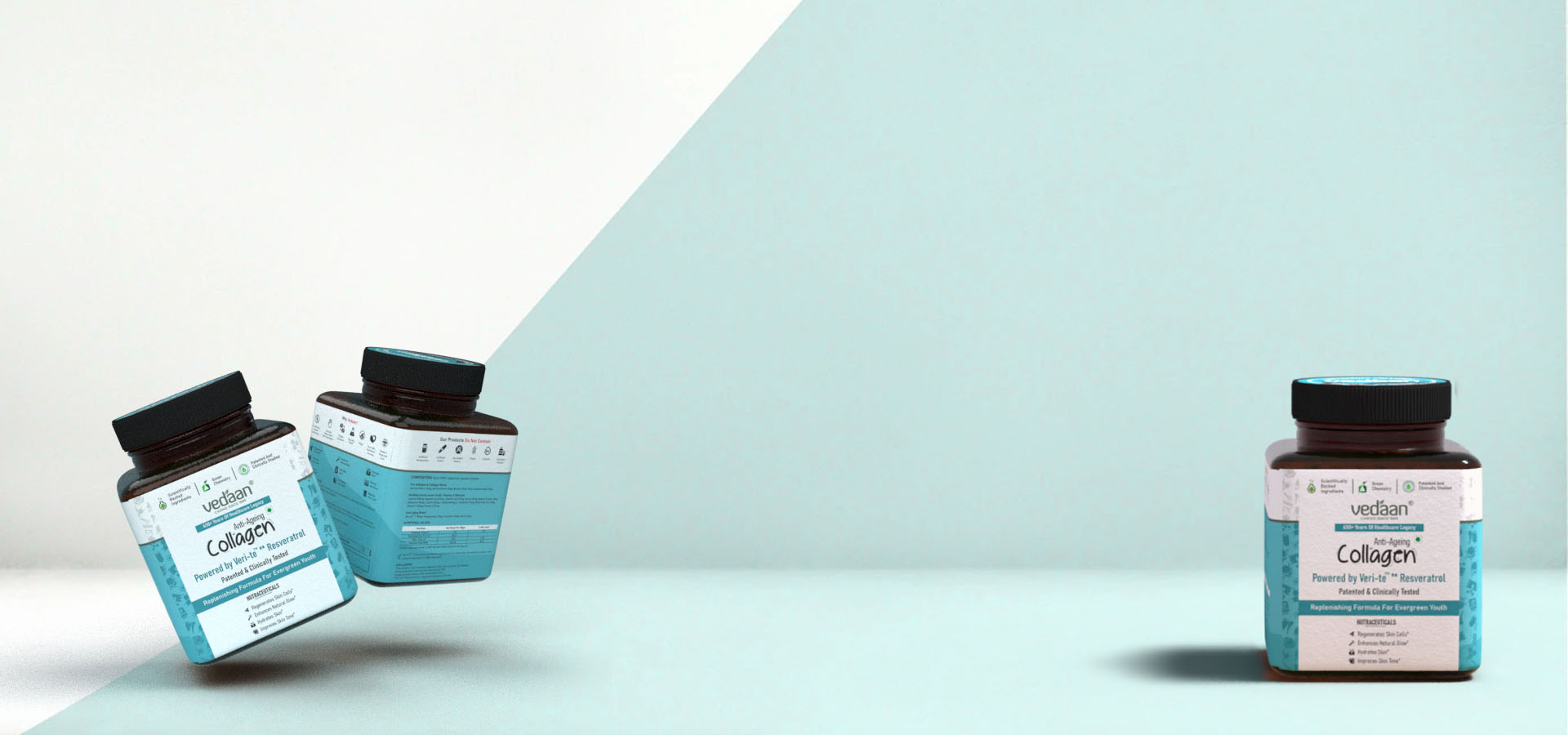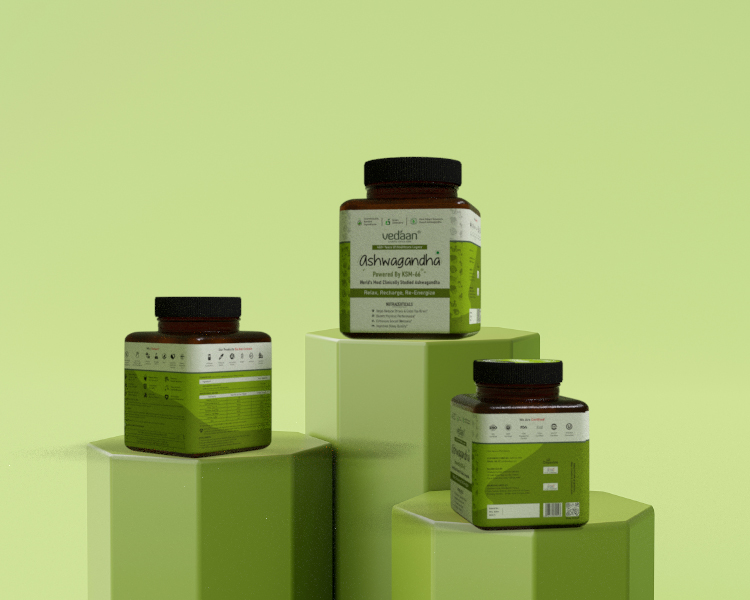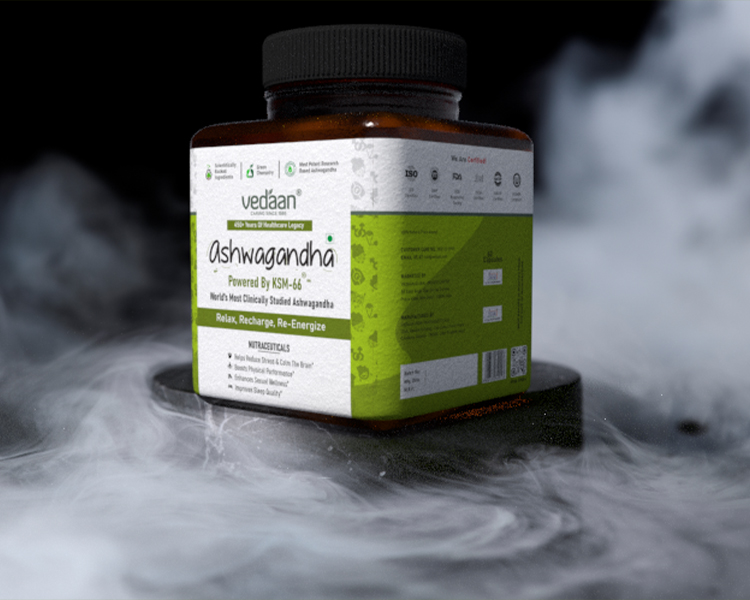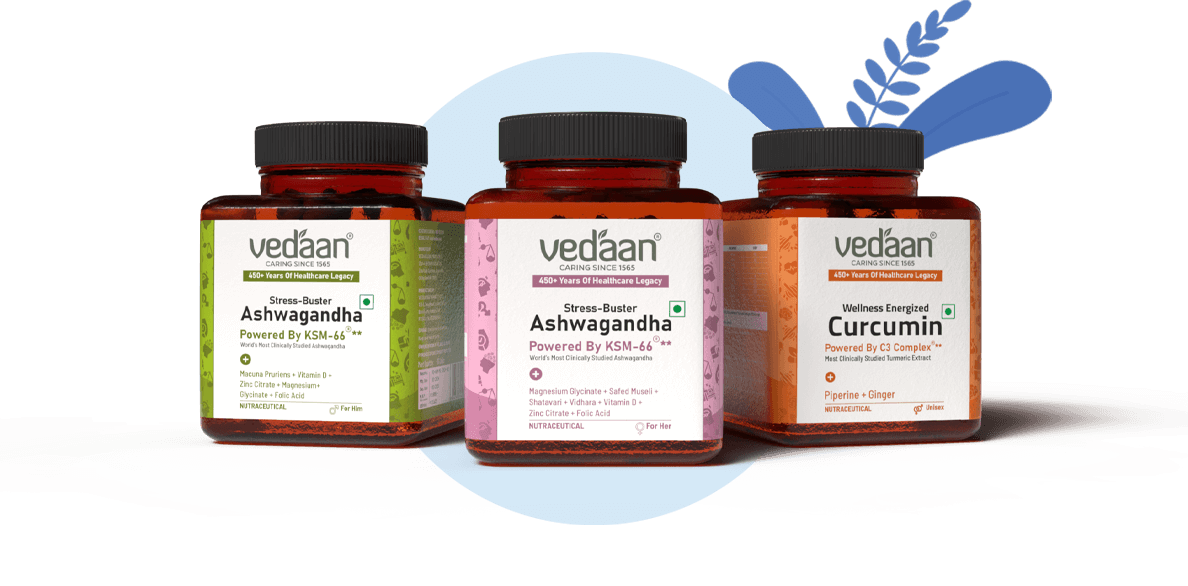No matter your age, acne and acne scars can significantly impact your confidence and make you self-conscious about your appearance. Unfortunately, it’s not always a teenage thing that happens randomly. Many people develop swollen, agitated bumps as they age, and they always appear at the most inconvenient moments.
Breakouts can affect men and women of all ages. When estrogen levels drop throughout menopause, it frequently heralds the return of breakouts you probably haven’t had since puberty.
Therefore, using collagen to promote healthy skin and eliminate those acne, pimples would be a simple option. Collagen capsules make several claims about improving one’s appearance, but can they treat acne?
Let’s read collagen in more detail, including what it is and how it affects acne.
What Brings On Acne?
Acne can appear for various reasons, but the clogging of pores primarily brings it on by combining dead skin cells and facial oil. Our face’s hair follicles are joined to glands that secrete sebum (oil) to moisturize and lubricate the skin and hair. This is advantageous since it keeps hair and skin appearing young. However, the issue emerges when excessive oil production results in a buildup that provides the ideal environment for bacteria to flourish. When that bacteria invade blocked pores, it causes inflammation and unattractive patches.
While teenage girls are more likely to experience acne outbreaks, oxidative stress and inflammation brought on by regular free radicals can harm and impair collagen formation at any age, which is a severe problem.
Collagen makes up a startling 80% of our skin. Along with the development of deeper lines and wrinkles, as that declines, the skin becomes less able to repair free radical damage as quickly. Therefore, it will be more challenging to reverse and recover from any acne scarring or other surface skin trauma concerns you experience.
What Benefits Does Collagen Provide for Acne Scarring?
The collagen in your skin is damaged by acne scarring, leaving enduring indentations. In addition, the bacterium that initially causes acne can harm your skin tissue and deteriorate the lowest layers of your skin’s cell structure.
Collagen, the most common protein in the body, is essential for all wound healing. Acne scars are long-lasting indentations brought on by destroying the collagen in the skin’s bottom layers. Cystic acne, regarded as the most severe variety, is brought on by an infection that develops in the deepest layer of your skin. It destroys the skin and fat cells nearby, leaving the most severe acne scars.
Once your acne has healed, it takes a few weeks for a scar to develop. This is because the skin receives the much-needed nutrition it needs to mend when new blood vessels grow in the area.
Here’s where collagen enters the picture. A few months later, collagen develops in the skin’s damaged regions, filling them with new, healthy skin to restore lost volume and give your skin a smoother appearance. By helping your skin to repair more quickly and restarting its healing process, taking a supplement as part of your everyday routine might hasten this process. The outcomes? Significantly less scarring and skin that appears smoother and more moisturized.
What Advantages Does Consuming Collagen for Acne Have?
#1 Promotes Improved Skin Moisture
As you age, your skin’s collagen levels decline. The natural ageing process may “dry out” your skin because hyaluronic acid is bonded to collagen on one side and water molecules on the other in your skin. Because of the absence of moisture, your skin may overproduce oil, which can lead to acne.
#2 Has Anti-Inflammatory Actions
Inflammation is mostly the cause of acne. The presence of glycine, an amino acid with demonstrated anti-inflammatory effects, in collagen is thus beneficial. Finally, by reducing inflammation, collagen might put an end to acne.
#3 Collagen Treat Scars and Indentations From Acne
The indentations are brought on by physical harm to the collagen in your skin, which causes the area where the spot was to dip down and leave an indentation on the surface. Increasing collagen can assist in pushing out the indentation and smoothing the skin’s surface. Additionally, as more collagen is produced, more glycine, an amino acid that helps moisturize and fill up the skin, is also produced. Additionally, hydrated skin has a smoother surface, which can lessen the prominence of skin indentations.
The good news is that a single collagen supplement can help build and protect the deepest layers of your skin to help it recover from acne scars and target both indentations and pigmentation.
How Much Collagen Should Be Consumed Each Day To Prevent Skin Breakouts?
We wouldn’t advise starting with such modest dosages, even if studies indicate that you’d experience increased skin hydration with anywhere between 2.5 and 10 grams per day. You won’t observe any changes in your skin for at least six to eight weeks.
Many studies have shown that people have seen fast results by ingesting 15 grams of premium hydrolyzed collagen peptides daily. However, it is advised to always consult your doctor before taking any anti-ageing capsules.
Takeaway
Although collagen supplements can’t actually “remove” or “break down” old, deeply embedded acne scars, they may be able to stop the occurrence of new acne and speed up the healing of more recent scars, dramatically enhancing the appearance of your skin.
Collagen supplements can help improve the skin’s collagen production, which is beneficial for treating acne. When taken regularly, collagen can reduce the appearance of acne scars and increase the elasticity and hydration of the skin, making it an excellent addition to a skincare regimen for people who tend to get breakouts.
Collagen’s primary function in an anti-acne regimen is to improve the skin’s barrier and lessen the visibility of uneven acne scars. However, it won’t naturally shrink your pores or eliminate excess oil from your skin.
If you want to include collagen in your regimen, buy from Vedaan India. We are one of the top brands which sell the best collagen capsules for skin in India.





